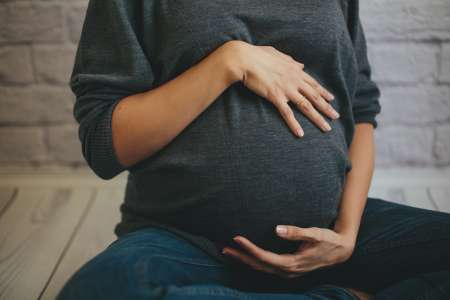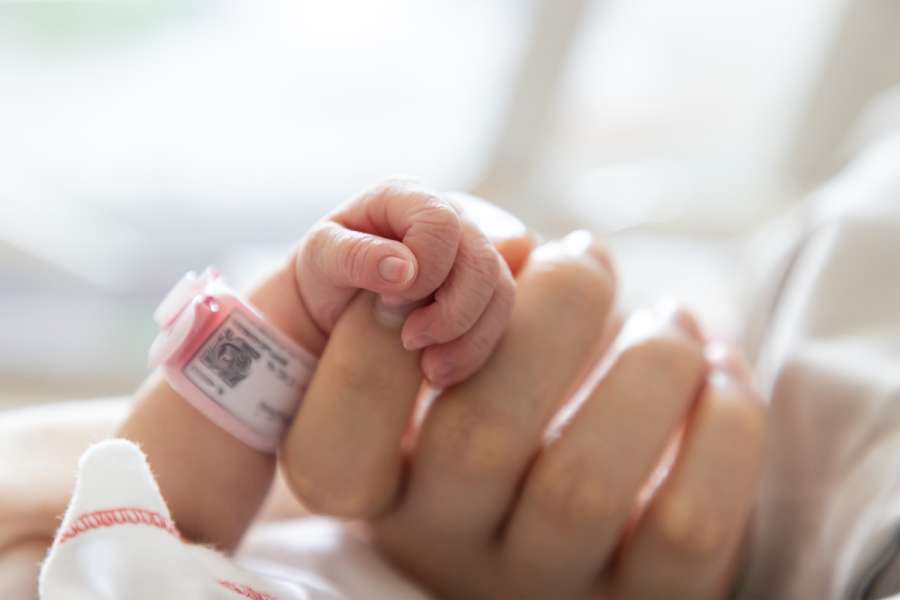After the birth of the surrogate child, the intended parent(s) will need to make a special court application to obtain parental rights, known as an application for Parental Order. The court can only transfer legal parenthood and parental responsibility to the intended parent(s), making a Parental Order under section 54 of the Human Fertilisation and Embryology Act 2008 (HFEA).
A Parental Order will transform the identity of the surrogate child and will determine the applicant(s) of the Parental Order as the child's legal parent(s). Any legal links to other parents will be extinguished, reflecting the intentions of all the parties involved in surrogacy.
It is important to note, however, that under section 54 HFEA, a surrogacy using both donor eggs and sperm does not qualify for an application for a Parental Order.
Therefore, if both intended parents (or the single independent parent) are not genetically related to the child, then the only way to become the child's legal parent is by way of adoption.
In any other case, where at least one intended parent (or both) is genetically related to the child, then they can apply to the court for a Parental Order, provided the following conditions are also satisfied:
- The child must be living with the intended parent(s).
- At least one intended parent(s) must be domiciled in the UK, the Channel Islands or the Isle of Man.
- No money or other benefit must have been given or received other than for reasonable expenses unless the court authorises such payment.













